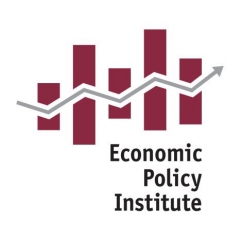
Issac Shapiro and John Irons, Economic Policy Institute, April 2011.
A chief priority of the new House Republican majority in Congress is to curtail government regulation. In the first months since the new Congress convened, the House has held dozens of hearings designed to elicit criticisms of regulations, introduced legislation that would dramatically alter the regulatory process by requiring congressional approval of all major regulations, and passed a spending bill that would slash the funding levels of regulatory agencies and restrict their ability to enact rules covering areas such as greenhouse gas emissions.
In support of each of these steps, opponents of regulation argue that agency rules are damaging to the economy in general and job generation in particular. Some say specific regulations will destroy millions of jobs and cite a study (critiqued later in this paper) purporting to show that regulations cost $1.75 trillion per year. Regulations are frequently discussed only in the context of their threat to job creation, while their role in protecting lives, public health, and the environment is ignored.
This comprehensive Economic Policy Institute Briefing Paper reviews whether the evidence backs the perspective of regulatory opponents. The first section looks broadly at the effects of regulations, whether they play a useful role in the economy, and whether their overall benefits outweigh their overall costs. The second section assesses the theory and evidence for the assertion that regulations undermine jobs and the economy. The last section examines the kinds of studies that are discussed when regulations are being formulated; these studies, often cited in debates and therefore of great importance, tend to be prospective estimates of the effects of proposed regulations.

